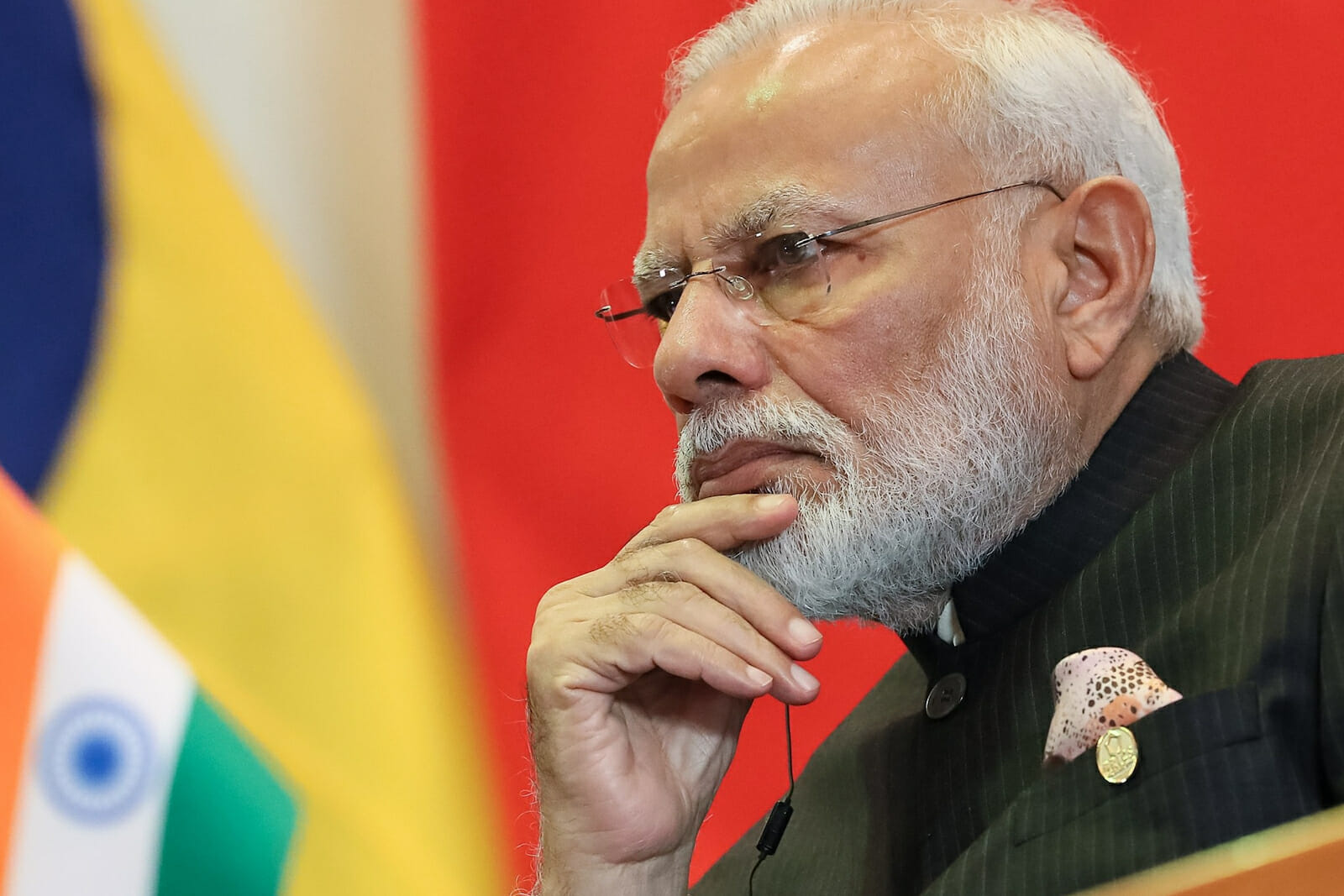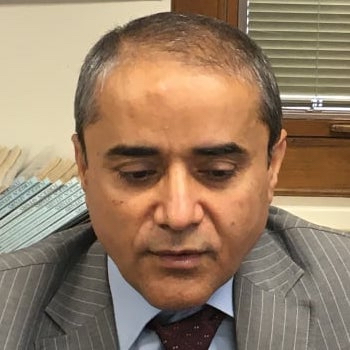
A World Away, Kashmir Dreams of American-style Justice
Pakistan and America are connected by a long-standing, broad-ranging relationship which is grounded in common goals and shared values. Our tangible partnership has long yielded and continues to yield fruitful mutual benefits. We continue to work with the U.S. to build an enduring partnership.
One common goal of our partnership is to strive for peace and stability regionally as well as internationally. Throughout decades of regional conflict, Jammu and Kashmir – recognized by the international community as a disputed territory – has been a flashpoint and a catalyst for escalation.
Logically it follows that to promote stability in South Asia, we must first stabilize this hot spot and prioritize peace in Kashmir. Yet India, one of the key players in South Asian affairs, is hellbent on doing the opposite.
For over seven decades, India has illegally occupied a large swath of Jammu and Kashmir and oppressed and brutalized the population, committing grave human rights abuses in utter disregard of international law and norms of the international community.
Last August, India took its antagonization a step further by unilaterally and illegally attempting to annex Indian Illegally Occupied Jammu and Kashmir (IIOJK), revoking its special status under the Indian constitution which gave at least some rights and privileges to its residents. This was in total defiance of international law and reams of UN resolutions that recognize Kashmir as an international dispute, violating bilateral agreements and reneging on its own commitments to the Kashmiri people.
Since then India has stepped up its aggression. A strict lockdown, a military siege, Internet, and phone service blackouts, extrajudicial killings, and the ‘collective punishment’ of entire communities and neighborhoods. Indian occupation forces have violated every single right of the Kashmiri people. It has turned Kashmir into the world’s largest prison – with 8 million prisoners who have committed no crime except being born there.
While the world stopped amid COVID-19, India did not. Instead of easing restrictions, such as its stranglehold on Internet access, to give some relief to Kashmiris, India doubled down. With a new ordinance, India is trying to change Kashmir’s very demographics by force, turning its majority into a minority. The ordinance allows any Indian to buy land in Kashmir and get jobs that were hitherto protected under IIOJK’s special status. This domicile law is a blatant violation of the Fourth Geneva Convention, which expressly forbids an occupying power from transferring its own civilian population into a disputed territory.
The persecution of Kashmiri people and minorities elsewhere in India is on the agenda of India’s ruling party, the Bharatiya Janata Party (BJP), the political arm of a Hindu nationalist organization that espouses the ideology of racial purity. Indian’s Prime Minister Narendra Modi was once banned from entry into the United States because of his role in a 2002 religious pogrom that killed more than 1,000 people in Gujrat where he was the Chief Minister.
The BJP wants to remake India into a Hindu only nation. Quite simply, there is no place for religious minorities like Muslims, Christians, and others in this Hindu only nation. A few months ago, the BJP passed the Citizenship Amendment Act, which granted citizenship rights to several minorities while specifically excluding Muslims.
India’s international scrutiny and censure continues to grow, and its dismal disregard of human dignity and fundamental rights and freedoms is being meticulously documented by human rights, civil society organizations, and the international media. Images of youths’ pellet-pocked faces, of widows mourning their husbands, and of a 3-year old sitting atop his grandfather, shot dead in the street by Indian soldiers, are imprinted on the world’s consciousness.
The UN human rights machinery has consistently highlighted India’s noncompliance with its international human rights obligations. Through several official communications, nearly a dozen UN Special Rapporteurs have regularly raised serious concerns over India’s consistent pattern of arbitrary arrests, detentions, torture, corporal punishment, extra-judicial killings, and physical and digital lockdown in occupied Jammu and Kashmir.
The international community, particularly the U.S., must take immediate cognizance of the humanitarian crisis in IIOJK and hold India accountable for its crimes.
Kashmir is the core dispute between Pakistan and India. Until a just and lasting settlement is reached, in accordance with UN resolutions and the wishes of the Kashmiri people, peace in South Asia will remain a pipedream. And the only reliable hope that Kashmiris, Pakistanis, and Indians alike have left for true peace is the moral leadership of the United States of America.

